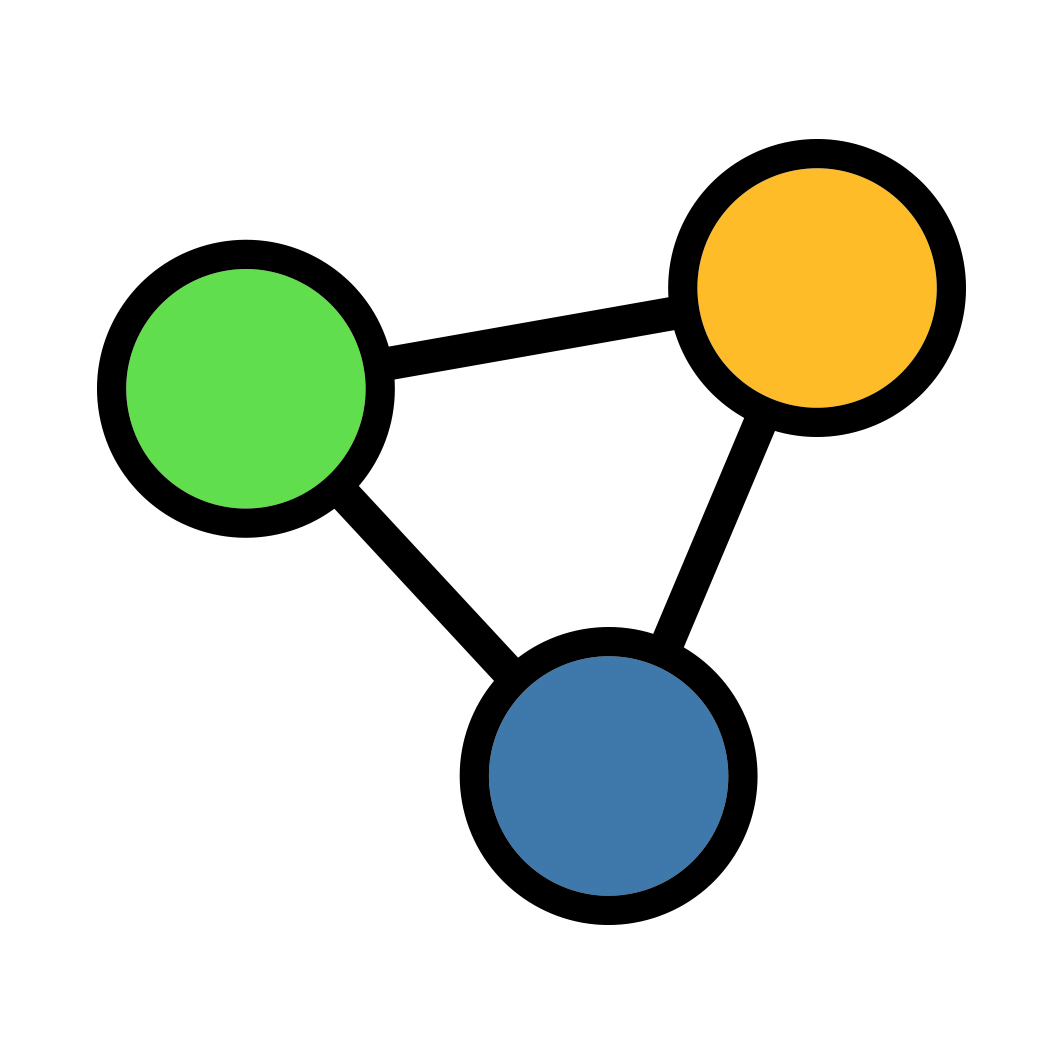TLS
TLS
About
Terrestrial laser scanning provides insights into surface structure and vertical profiles by using ground-based lidar systems to collect distance measurements which can be then reconstructed into high resolution maps and 3D representations of objects. In March 2015, Alan Strahler, at Boston University, was awarded funding through the US National Science Foundation to form a Terrestrial Laser Scanning Research Collaboration Network (TLS RCN). The TLS RCN brings together approximately 75 researchers from 10 different countries and is led by a 13-person Steering Committee. The TLS RCN provides an opportunity for experts from the technology development, modelling and ecology communities to work together around two main goals: 1) to develop a simple, low-cost scanner that can provide accurate estimates of above ground forest biomass, and 2) to develop at least five well-defined new ecological applications of terrestrial laser scanning. The TLS RCN aims to achieve these goals through workshops, meetings, intercomparison activities and research exchanges.
Examples of questions we study
- How do participants discover the network and what motivates them to join?
- What does network success look like for the different participants in the network?
- What value does the network add for participants compared to working individually?

